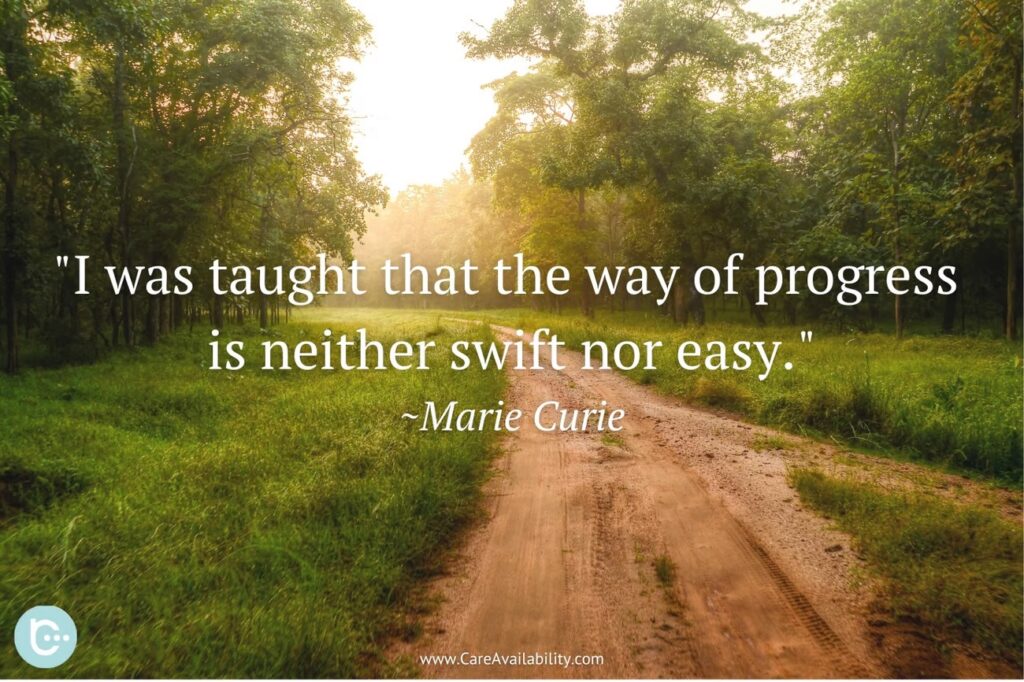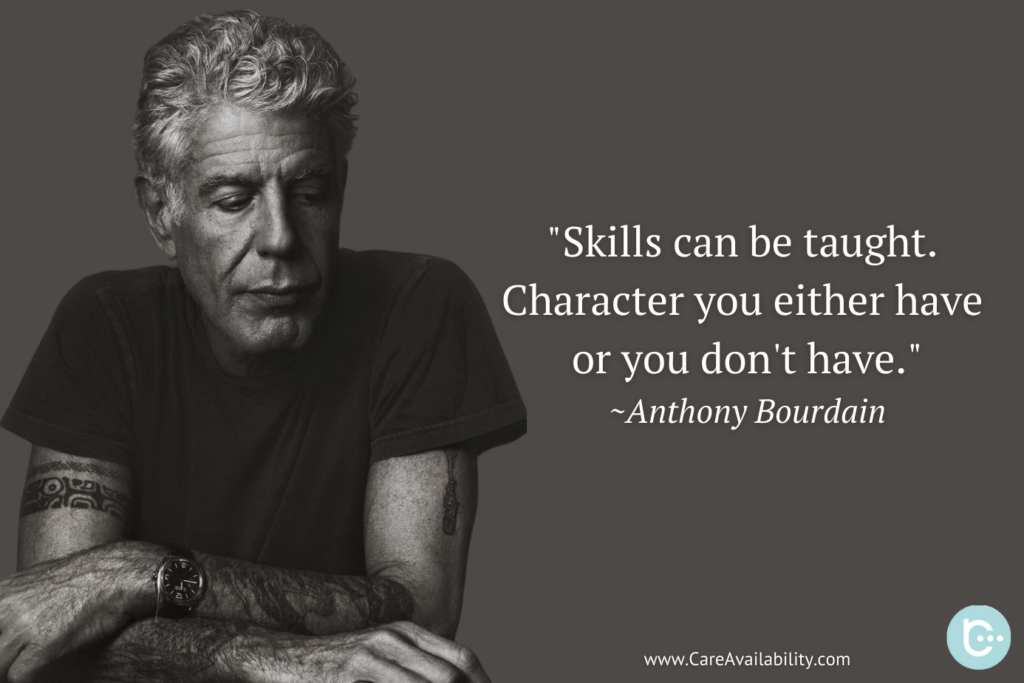Caregiving can be a deeply rewarding experience, but it can also take a significant toll on the caregiver’s physical and emotional well-being. Caregiver burnout is a condition that can occur when caregivers are exposed to chronic stress and strain without proper support or self-care.
Caregiver burnout can manifest in a variety of ways. Physical symptoms may include chronic fatigue, headaches, and muscle tension. Emotional symptoms may include depression, anxiety, and feelings of helplessness. Caregivers may also experience a decrease in their own quality of life, as they may have less time to pursue their own interests and hobbies.
One of the biggest contributors to caregiver burnout is the lack of support and respite care. Caregivers often feel a sense of responsibility to provide care 24/7, which can be physically and emotionally draining. It’s important for caregivers to recognize that taking time for themselves is not a sign of weakness or neglect, but rather an essential part of maintaining their own well-being.
Many caregivers are thrown into their role without any formal training or support, which can make it difficult to navigate the complex medical and emotional needs of their loved ones. It’s important for caregivers to seek out resources, such as support groups and educational materials, to help them feel more confident and competent in their caregiving role.
It’s also essential for caregivers to practice self-care on a regular basis. This may include engaging in activities that bring them joy, such as exercise, meditation, or spending time with friends and family. It’s important for caregivers to prioritize their own health and well-being, as this can ultimately lead to better care for their loved ones.
If you or someone you know is experiencing caregiver burnout, it’s important to seek help. This may include reaching out to a healthcare provider, joining a support group, or seeking counseling. It’s essential to recognize that caregiver burnout is a real and serious condition and that seeking help is a sign of strength, not weakness.
In conclusion, caregiver burnout is a common and serious condition that can have significant impacts on caregivers and their loved ones. It’s essential for caregivers to prioritize their own well-being and seek out support and resources to help them navigate their caregiving role. With proper support and self-care, caregivers can continue to provide the important and valuable care that their loved ones need.
Article provided by:
Home Instead
541-734-2700
www.HomeInstead.com/476





